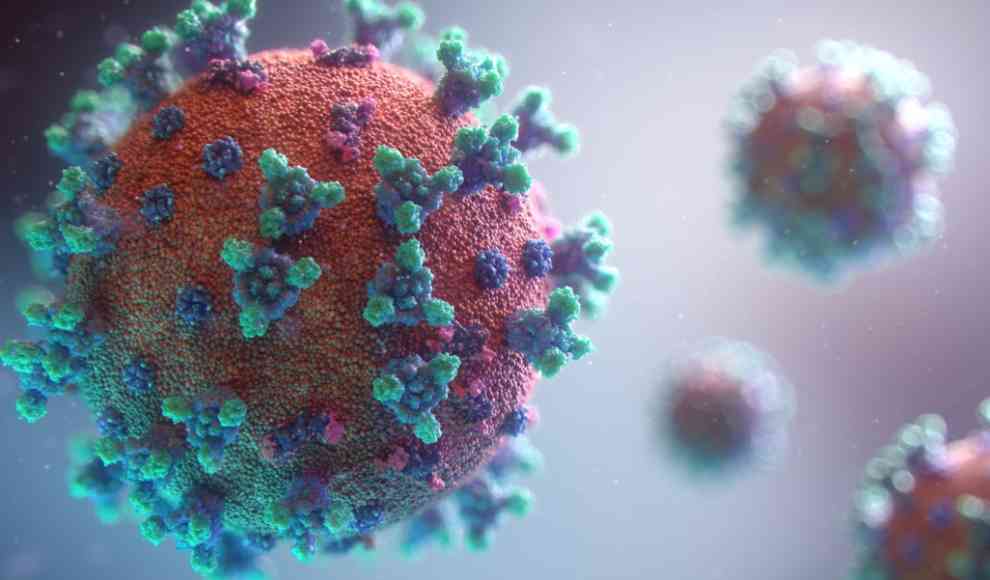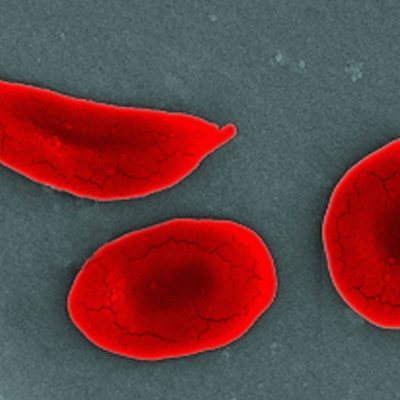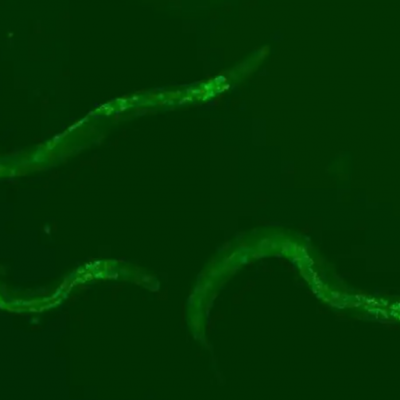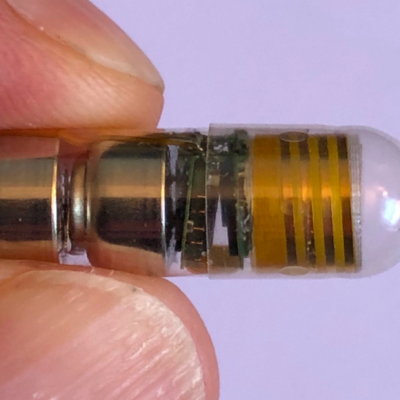A new treatment method has been developed by scientists at the Peter Doherty Institute for Infection and Immunity in Melbourne, Australia, using the enzyme Crispr/Cas13b to stop the replication of the coronavirus in infected cells. The method, based on the gene-editing tool Crispr, has the potential to significantly improve the treatment of Covid-19 patients, according to the team’s publication in the journal Nature Communications. The experiments were conducted in the laboratory using the Crispr/Cas13b enzyme, which binds to RNA sequences of the coronavirus and disables parts of the virus required for replication within an infected cell. The method was effective against both highly variable and stable parts of the virus, including the Alpha variant.
Current treatments for Covid-19 patients are limited and reduce the risk of death by at most 30%, according to Sharon Lewin, the lead researcher. The team plans to test the new treatment on animals before conducting clinical trials on humans. However, it may take years before the Crispr technique can be applied in medicine. Nevertheless, the new findings could still prove useful in the fight against SARS-CoV-2. In the future, a medication could be developed that is taken immediately after a positive test result to prevent a severe Covid-19 course.
The Crispr/Cas13b enzyme is activated as soon as the virus is detected and cuts the virus, according to Lewin. The researchers hope that the new treatment method will be able to combat the virus in the long term and significantly improve the treatment of Covid-19 patients. The team’s findings could pave the way for the development of a medication that can be taken immediately after a positive test result to prevent a severe Covid-19 course.










